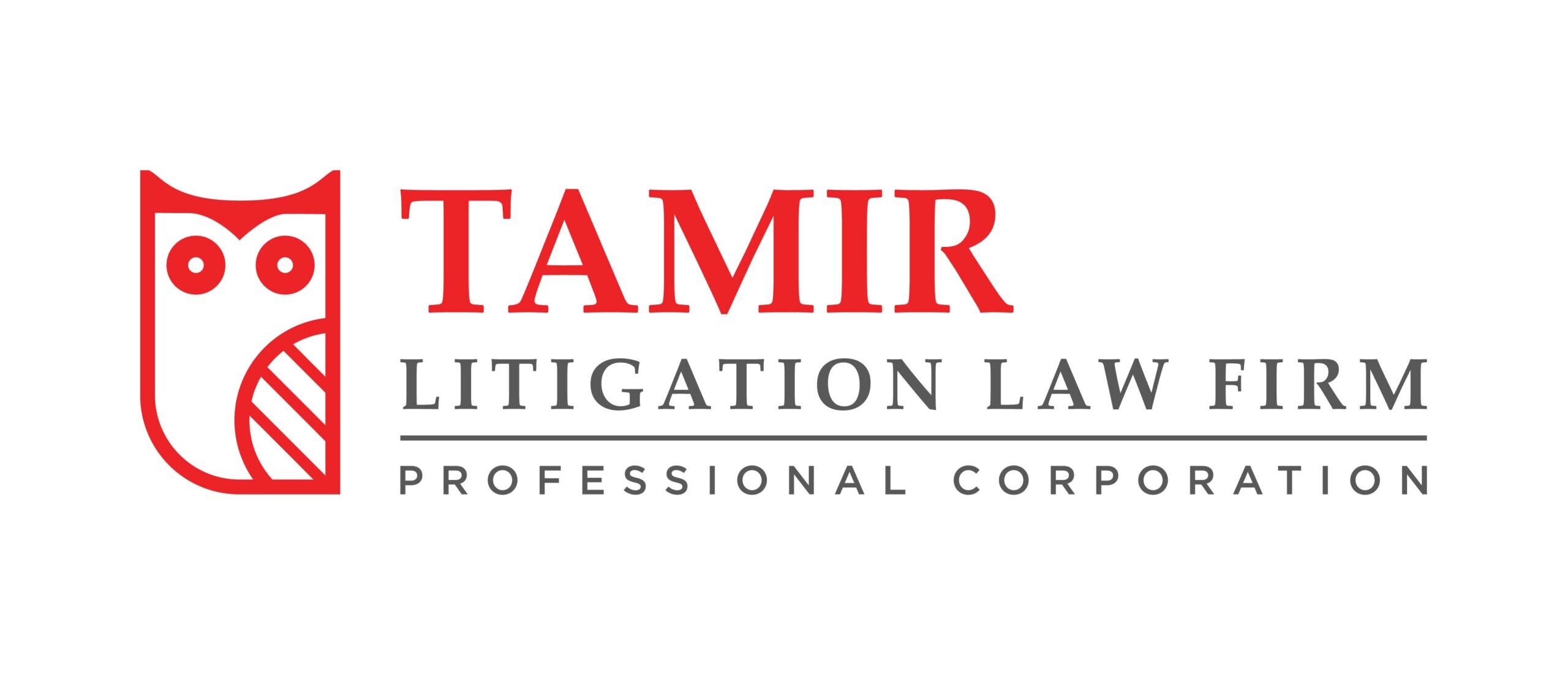As a lawyer or paralegal in Ontario, your license is more than a credential—it’s your livelihood, your reputation, and the foundation of your practice. Allegations of misconduct, breaches of professional standards, or regulatory non-compliance can lead to disciplinary action by the Law Society of Ontario (LSO), threaten your standing in the legal profession, and impact your ability to earn a living.
At Tamir Litigation, we provide experienced and strategic defence to lawyers and licensed paralegals facing complaints, investigations, or discipline proceedings. We understand the high stakes of regulatory matters and the need for decisive, knowledgeable representation.
Why Choose Tamir Litigation
- Experience with Law Society complaints and tribunal matters
- Insight into both regulatory law and day-to-day legal practice
- Personalized defence strategies tailored to your specific allegations
- Strong advocacy focused on preserving your license and restoring your reputation
Whether you’re a solo practitioner, part of a law firm, or operating as an independent paralegal, we offer the legal support you need when your career is on the line.
Experienced Defence for Lawyers and Paralegals
We defend legal professionals at every stage of the regulatory process:
- Responding to client, colleague, or public complaints filed with the LSO
- Navigating LSO investigations and interviews with investigators
- Representation at discipline proceedings before the Law Society Tribunal
- Defence against allegations of professional misconduct, neglect, conflict of interest, or unauthorized practice
- Handling issues involving trust account audits, client communication, and duty to the court
Why Early Legal Representation Matters
The LSO has wide-ranging authority to investigate and sanction licensees, including imposing fines, suspensions, or revocation of license. Without timely legal advice, even well-meaning responses can result in disciplinary consequences. We help ensure that your rights are protected and your response is strategic and effective.
We also understand that many complaints arise from complex or emotionally charged cases, especially in areas like family law, immigration, criminal defence , to name a few.
We take a practical and discreet approach to resolving regulatory challenges while safeguarding your professional future.
frequently Asked questions about LSO complaints
Complaints can come from clients, other lawyers, or even the Law Society itself. Common issues include trust account handling, communication problems, billing disputes, or alleged conflicts of interest.
The Law Society’s intake team reviews it first. If it raises regulatory concerns, they will notify you and may ask for documents like your retainer, trust ledgers, and correspondence. Sometimes the matter ends quickly, but other times it escalates to an investigation or a tribunal hearing.
Yes. Failing to respond is itself professional misconduct. Even if you believe the complaint is groundless, you must reply on time and in a professional, factual way.
No. Once the complaint is with the Law Society, you should not try to negotiate directly with the complainant. All communication should go through the LSO’s process, with your lawyer managing the response.
Outcomes range from dismissal, to advice, to a caution or warning letter. In more serious cases, the matter may go to a hearing before the Tribunal, where penalties can include suspension or even revocation of licence.
Strong defence relies on process, evidence, and remediation. That means making sure that your procedural rights are protected, providing organized trust and client records, and showing you have systems in place to prevent issues from recurring.


